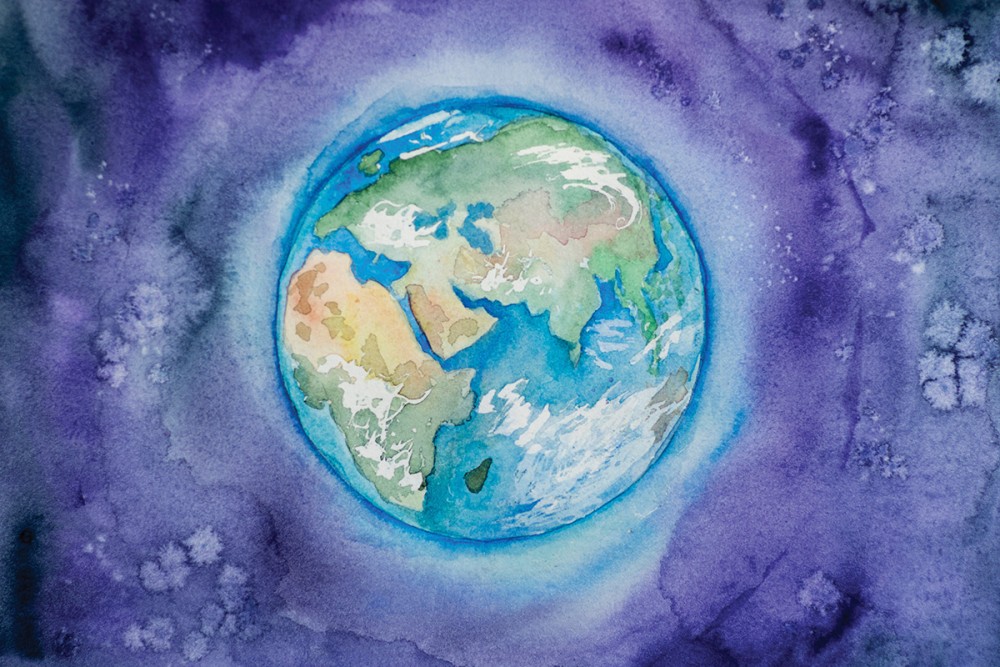How should I pray for the climate?
I followed COP26 from a distance. Other Christians showed up in Glasgow and asked God to intervene.

Two years ago, I was reading an issue of Geez magazine on climate justice in my room at night when the heaviness of the climate crisis flooded me. In my evangelical days I was what some called a “prayer warrior,” but on this night the best response I could muster was to walk out the back door and crumple into an apology once my feet touched the grass. I felt a physical need to make contact with the earth, not indirectly through the floorboards, but with my skin.
Wordless embodied acts have largely constituted my prayer life in recent years. I grew weary of asking God to intervene in large and small crises, and such prayer came to feel performative. Tending the garden and listening to birdsong in a forest preserve now often feel like the only genuine prayer I can offer for a chronically ill planet.
But this fall, as preparations for the United Nations climate summit in Glasgow (COP26) got underway, I became intrigued by the number of faith groups, including evangelicals, mobilizing to influence the proceedings. Here were some Christians asking God to show up supernaturally in international climate negotiations while also planning to show up themselves on the conference grounds. Could I learn something from them?




